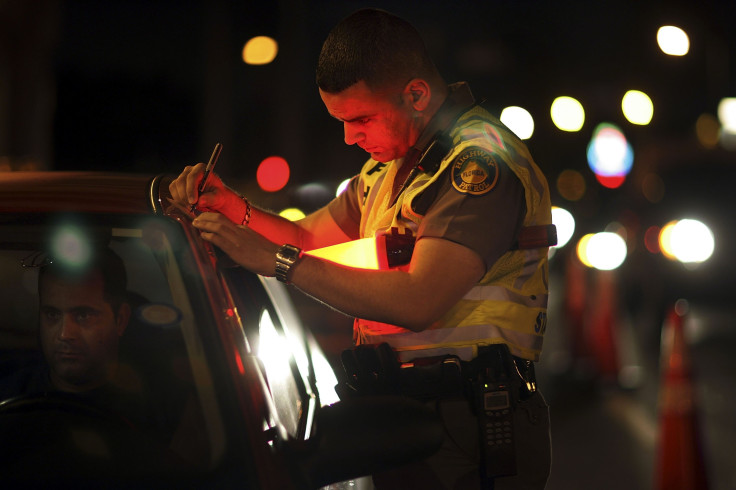
Governor Ron DeSantis has signed a memorandum of understanding (MOU) with U.S. Immigration and Customs Enforcement (ICE), formalizing the Florida Highway Patrol's role in immigration enforcement. The agreement authorizes Highway Patrol troopers to exercise certain immigration powers, aligning Florida's state efforts with federal initiatives.
This move signals a significant step in the governor's ongoing push to increase state involvement in immigration enforcement, particularly in response to the heated debate over immigration bills in the Florida Legislature.
The Florida Police Benevolent Association (PBA), which represents most of the state's troopers, has raised concerns over the lack of additional funding to support this expanded responsibility.
While the memorandum allows for greater cooperation with federal immigration enforcement, it does not provide additional compensation for the troopers involved, as reported by the Miami Herald. William Smith, president of the Florida Highway Patrol chapter of the PBA, said that troopers will be asked to take on this new role without the necessary financial resources. "We're going to be the tip of the spear, with no additional funding," Smith said, adding that the Highway Patrol is already facing staffing challenges, with around 150 vacancies.
Molly Best, a spokesperson for the Florida Department of Highway Safety and Motor Vehicles, confirmed that troopers have collaborated with federal agencies in the past, and this agreement would formalize that partnership. However, Best did not provide specific details about the training that troopers would undergo, calling the matter "evolving."
Smith voiced concerns that the added duties would stretch troopers further, especially given that starting salaries in the department are among the lowest in the country. The department is requesting $12 million in the 2025-2026 budget to address pay issues and hire additional staff. Without adequate funding, Smith warned, troopers will be "hard pressed" to carry out both their regular duties and the expanded immigration responsibilities.
The new agreement comes after DeSantis previously sent Florida troopers to support immigration enforcement at the Texas border. As the governor continues to push for stricter immigration laws, Florida's troopers find themselves at the center of a growing and controversial issue.
Florida lawmakers recently have moved to take nearly all immigration enforcement powers away from DeSantis, exposing divisions within the state's Republican leadership over the handling of key immigration programs.
The Legislature's decision comes as DeSantis pushed for a special session to expand his migrant relocation program, which has faced scrutiny for a lack of transparency and effectiveness. Lawmakers also raised concerns over his administration's enforcement of E-Verify, a system meant to check the legal status of workers.
The ongoing dispute with his own party escalated this week. DeSantis has vowed to veto an immigration bill passed by the Florida Legislature. The bill would allocate over $500 million for immigration enforcement and transfer authority over these efforts from the governor's office to Agriculture Commissioner Wilton Simpson, a measure DeSantis has criticized as "weak." He has also accused lawmakers of betraying conservative principles.
© 2025 Latin Times. All rights reserved. Do not reproduce without permission.




